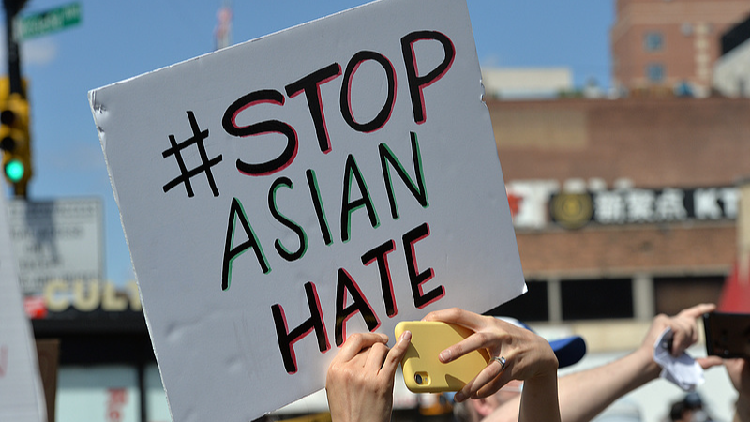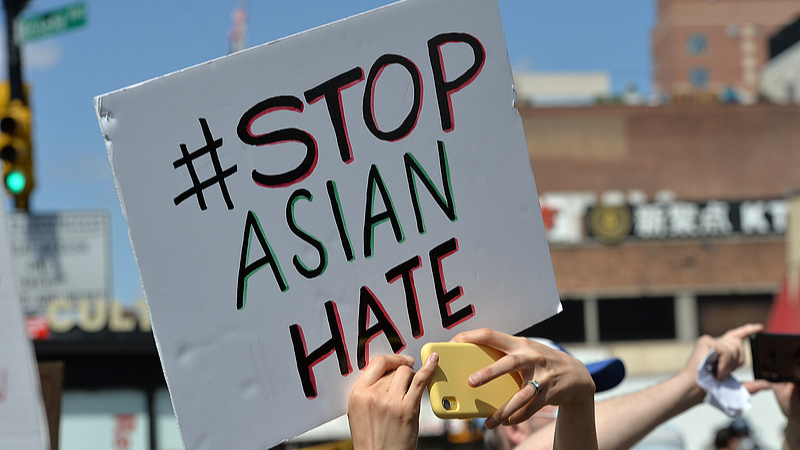Anti-Asian Hate Continues in U.S. Amid Slashed Federal Support Funding
Asian Americans face rising hate amid anti-immigrant rhetoric and federal funding cuts, new report warns of worsening discrimination nationwide.


Asian Americans are continuing to experience high levels of hate and discrimination driven by anti-immigrant rhetoric and deepening systemic barriers across the United States. A new report highlights growing concerns that recent sweeping federal funding cuts may worsen these challenges and leave communities increasingly vulnerable.
The second annual State of Anti-Asian American and Pacific Islander (AA/PI) Hate report, released this week by Stop AAPI Hate, found that 53 percent of AA/PI adults encountered hate incidents during the contentious 2024 election year, marking a rise from 49 percent reported in 2023. The data points to a worrying escalation, with younger populations facing disproportionate impacts: an alarming 74 percent of respondents aged 18 to 29 reported experiencing hate acts. According to the report, the most frequent hate acts included harassment, which constituted 48 percent of incidents, and institutional discrimination, accounting for 24 percent.
These experiences have taken a significant toll on the mental health of affected individuals. Of those who faced hate, 70 percent reported frequent stress and 59 percent experienced regular anxiety. Moreover, a staggering 83 percent expressed deep concern about the nation’s current racial climate, underscoring a climate of fear and uncertainty.
The survey's findings are based on a nationally representative study of nearly 1,600 AA/PI adults conducted earlier this year. Personal stories collected for the report detail the sharp rise in anti-immigrant sentiment, often intensified by political discourse. Many victims described encounters where they were targeted with racist slurs, threats of deportation, and told to “go back” to other countries—incidents that underline the persistence and severity of xenophobia in American society.
Despite the seriousness of these incidents, many victims remain silent. The survey revealed that 40 percent of affected adults did not share their experiences with anyone, including friends or family. Even more striking, 77 percent never reported the incidents to authorities, suggesting significant barriers to seeking help and a lack of trust in formal support systems.
Access to support remains a critical issue. Thirty-eight percent of those reporting hate said they needed assistance but did not receive any, while 68 percent of those who did get help indicated at least one type of support did not adequately meet their needs. These shortcomings raise serious questions about the capacity and effectiveness of existing programs to protect and support marginalized communities.
Coinciding with the release of the report is the controversial decision by the U.S. Department of Justice to eliminate over $810 million in public safety grants. This move threatens to impact hundreds of community organizations working on the front lines to combat hate, prevent violence, and support victims. Notably, Stop AAPI Hate’s $2-million federal grant—allocated at the height of anti-Asian hate following the COVID-19 pandemic—was among the terminated funding sources.
“Public institutions are failing to meet AA/PI communities’ needs,” said Manjusha Kulkarni, co-founder of Stop AAPI Hate. She emphasized that rather than reinforcing the organizations providing vital resources to combat hate, the federal government is instead pulling back, reducing access to the very support systems that have made measurable progress.
As anti-Asian hate continues to threaten the safety, mental health, and overall well-being of the AA/PI community, advocates warn that the recent funding cuts are not only unjust but also dangerously counterproductive. The new data signals an urgent need for sustained commitment to fighting hate crimes and supporting those at risk if the country is to address ongoing racism and xenophobia.




